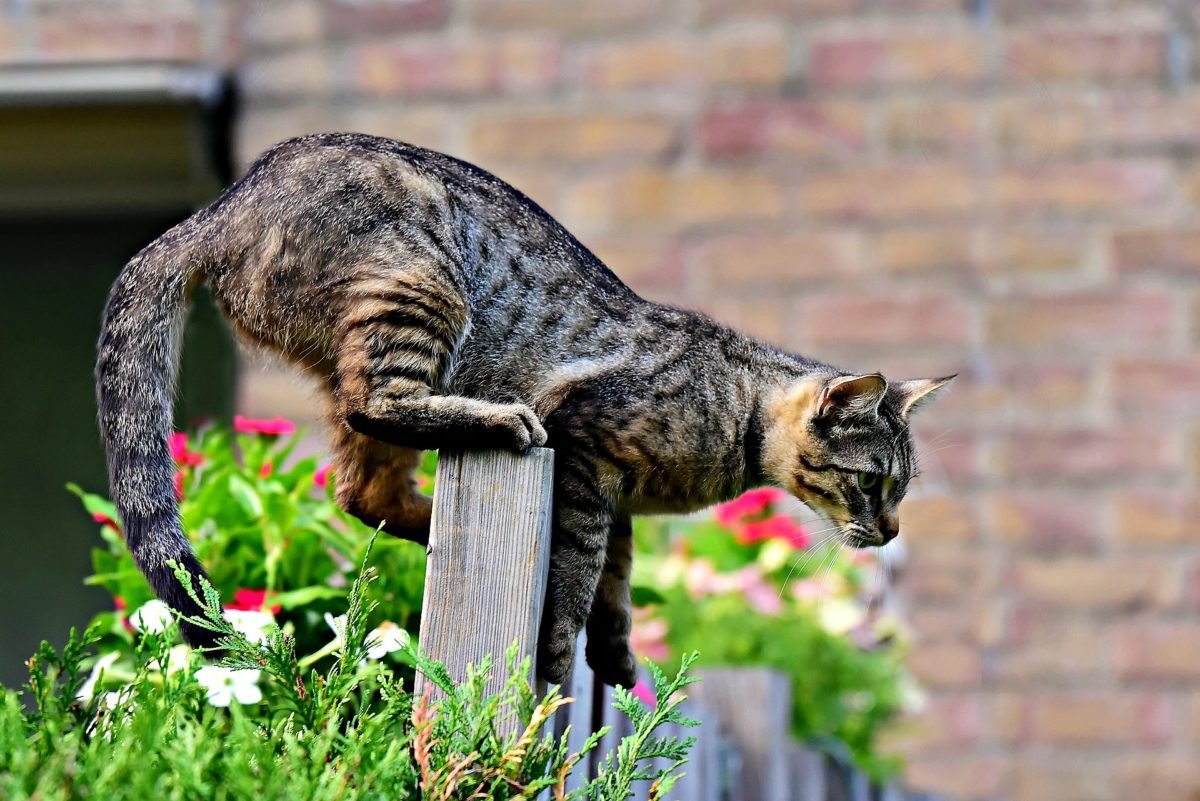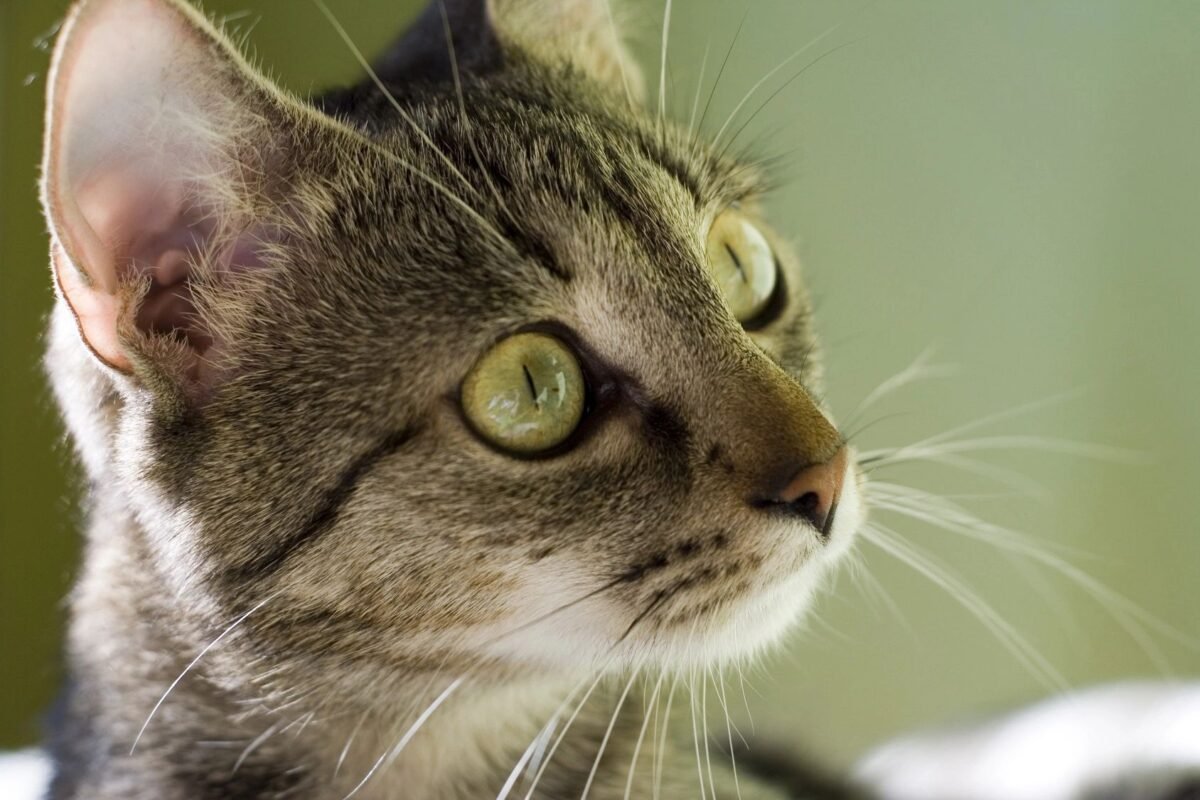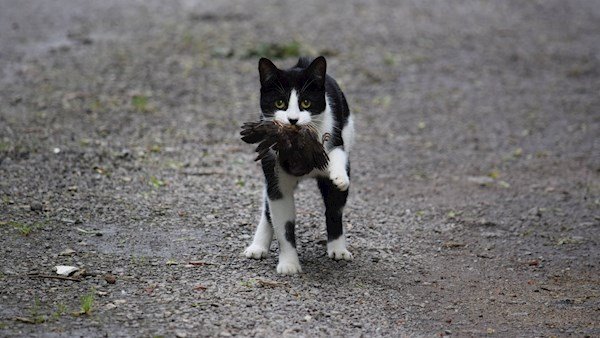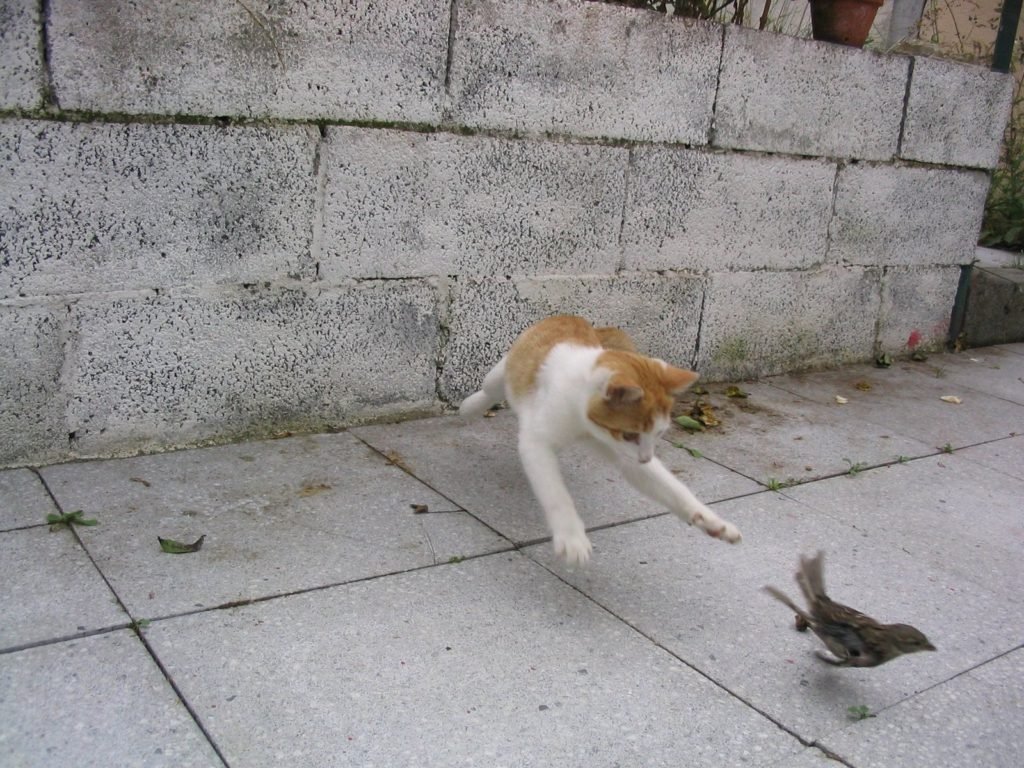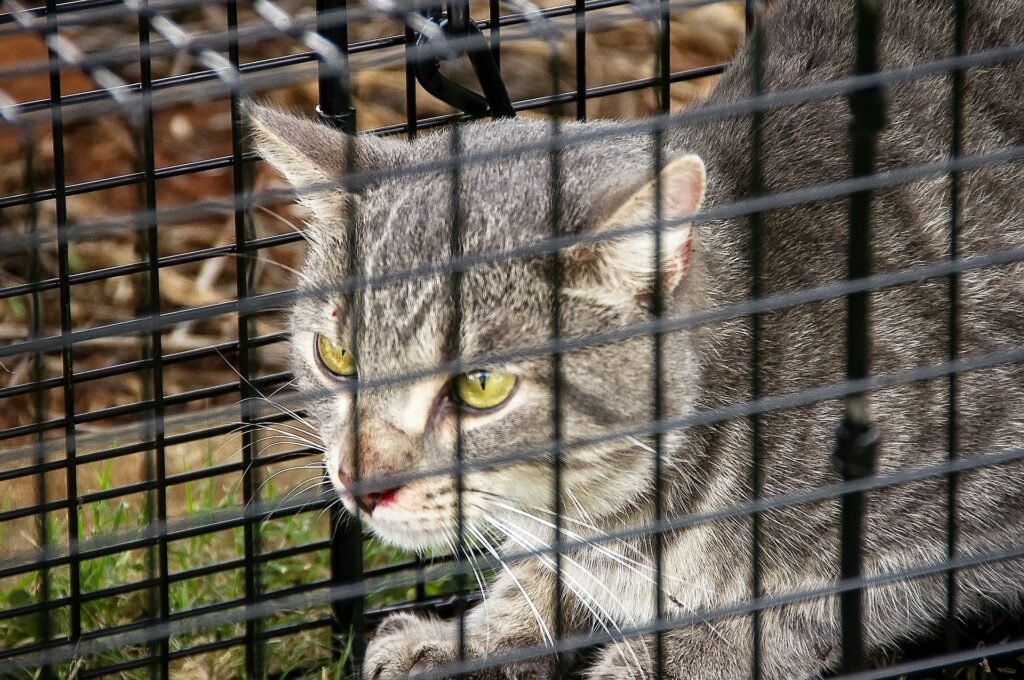Cats are footloose and free
Unlike most other captive animals, the domestic cat has the wonderful status under the laws of most countries of the “right to roam“. In the U.K. they do not have to be securely confined and can roam without any fear or favour or legal repercussions for their actions. They cannot trespass so neither the cats or their owners are liable for anything they may do in the way of damage, soiling or causing nuisance which is extremely annoying for those who hate them.
This has come about because like most captive animals, a cat’s legal status is that of property and to kill or harm them is classified as criminal damage under Criminal Damages Act 1971 or theft under the Theft Act 1968. Their “freedom” is guaranteed under the Animals Act 1971 which makes provision with respect to civil liability for damage done by animals. Cats were assessed as being less likely than other animals to cause damage or injury and so were not included in the Act. Technically we do not even “own” them.
So they are footloose and free in many ways and unlike many other countries there is no mandatory need to neuter or vaccinate them, no restriction on how many you can have in your possession, no licensing or registration and no controls over breeding and this is where the problem lies.
This freedom occurs in many parts of the world including the USA which has a mishmash of Federal, State and local laws very few of which restrict cats to an “owners” property or indoors. The U.S State of Maine, like the U.K. doesn’t include cats in their animal trespass law. In Australia cats are branded invasive species and therefore are highly restricted with night curfews in some States and cat ownership bans in local areas. Most countries in the context of law almost treat them as invisible always focusing on dogs.
This situation in many instances can lead to people taking the law into their own hands and committing retaliatory acts of cruelty on them or even to shoot, poison or otherwise kill them. Some people have even been known to go to the lengths of catching their neighbour’s nuisance cat and abandoning it a long distance away.
Their freedom comes with drawbacks
Although this status is wonderful for the cats it comes with many drawbacks. The lack of control has led to an ongoing “cat crisis” in the UK which has lasted for decades involving thousands of lost, abandoned, and unwanted cats. Charities spend huge amounts each year trying to repatriate them and combat indiscriminate breeding and feckless ownership.
Their perceived reputation as a nuisance because of their destructive behaviours, toiletry habits and natural instincts of catching small animals and birds causes many people to view them as pests and they hate them. Cats face similar problems all over the world, particularly in the USA, Australia and New Zealand.
Cats Matter Too
Without some form of legal intervention it will always be impossible to make any inroads into the excess U.K. cat population, enhance their reputation or to improve their well-being , and more importantly to protect them, their ‘owners’ and cat haters from each other. But I am not suggesting for one minute that their “freedom to roam” should be stopped or restricted as this is the essence of a cat.
